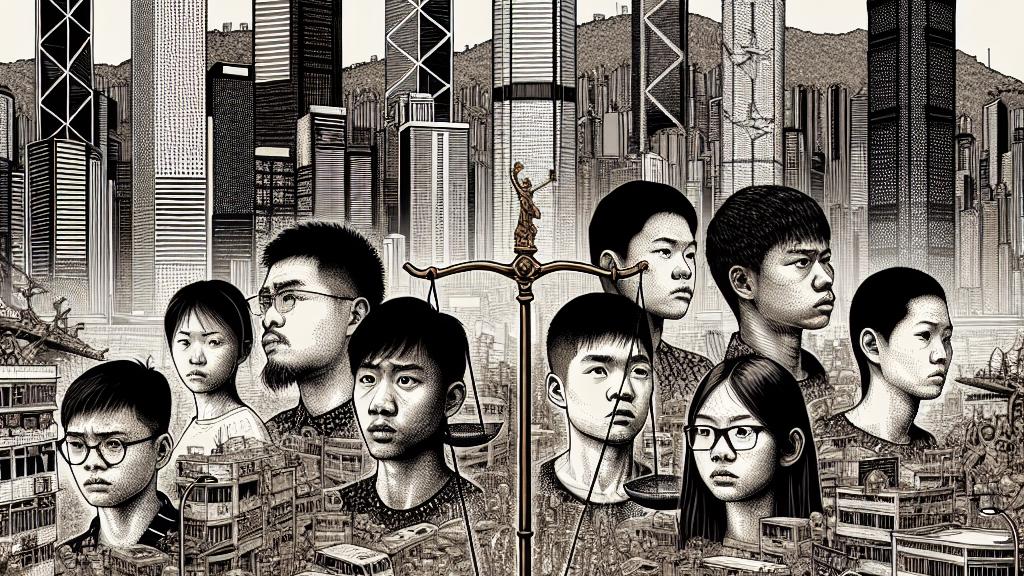Abuse of Power: The Implications of Long Police Bail in Hong Kong
Overview
- In Hong Kong, thousands of young people are caught in a frustrating limbo of extended police bail periods, often lasting over five years without formal charges.
- This troubling situation highlights the conflict between maintaining public order and upholding individual rights under the common law system.
- The controversial national security law further complicates the landscape, as it raises fears of government overreach and sets a dangerous precedent for civil liberties.

Prolonged Police Bail Practices
In the vibrant metropolis of Hong Kong, there has emerged a deeply concerning trend: countless young individuals are ensnared in prolonged police bail periods, sometimes extending beyond five grueling years, without any formal charges being leveled against them. This issue became glaringly apparent during the aftermath of the 2019 protests, where many youths were swept up in the frenzy of governmental crackdowns. Picture a passionate activist who, despite not being guilty of any wrongdoing, finds themselves mired in uncertainty and fear—this illustrates a deeply troubling abuse of power. Secretary for Security Chris Tang’s recent comments have sparked urgent discussions about the need for a serious reevaluation of how we balance the delicate scales between safeguarding public order and preserving individual freedoms. Such unreasonably long bail durations not only infringe upon the rights of these young people but also undermine the foundational principle of 'innocent until proven guilty,' raising alarms over the integrity of Hong Kong's justice system.
Common Law and Legal Framework
At the heart of Hong Kong’s legal structure lies a robust common law system, which glorifies fairness and equality before the law. These principles are especially crucial during this critical time, emphasizing the need to protect individual rights as societal tensions escalate. Basic tenets—like ensuring no one can be unjustly detained—are fundamental to maintaining public trust. For instance, imagine a teenager who boldly critiqued government actions only to be thrust into a sea of legal turmoil for years; such a predicament starkly highlights the potential failures of the justice system. The Basic Law fortifies the commitment to uphold these principles while also instilling confidence in the judicial process. As residents contend with increasing scrutiny from governing authorities, it becomes imperative to introspect on whether these cherished legal standards are being adequately upheld. The answers to these pressing questions determine not only the fate of individuals but also the broader landscape of justice and governance in Hong Kong.
Impact of National Security Legislation
The introduction of the 2020 national security law has amplified the tensions surrounding individual freedoms in Hong Kong, casting an ominous shadow over civil rights. This legislation provides authorities with sweeping powers to detain individuals, often rationalized under the guise of necessary security measures, thus heightening the risks of potential abuses. Picture a scenario where a young person, merely exercising their right to free speech, faces severe legal repercussions—such instances exemplify how this law could be weaponized against dissenting voices. Critics contend that the scope of the national security law was intentionally designed to suppress the very fabric of democratic expression. As fears of government overreach intermingle with this legal framework, discussions surrounding its implications introduce pressing questions about the future of civil liberties in Hong Kong. Ultimately, the interplay between national security concerns and the erosion of personal freedoms raises significant alarms for residents who cherish their rights, as this new legal landscape threatens the city’s democratic principles.

Loading...